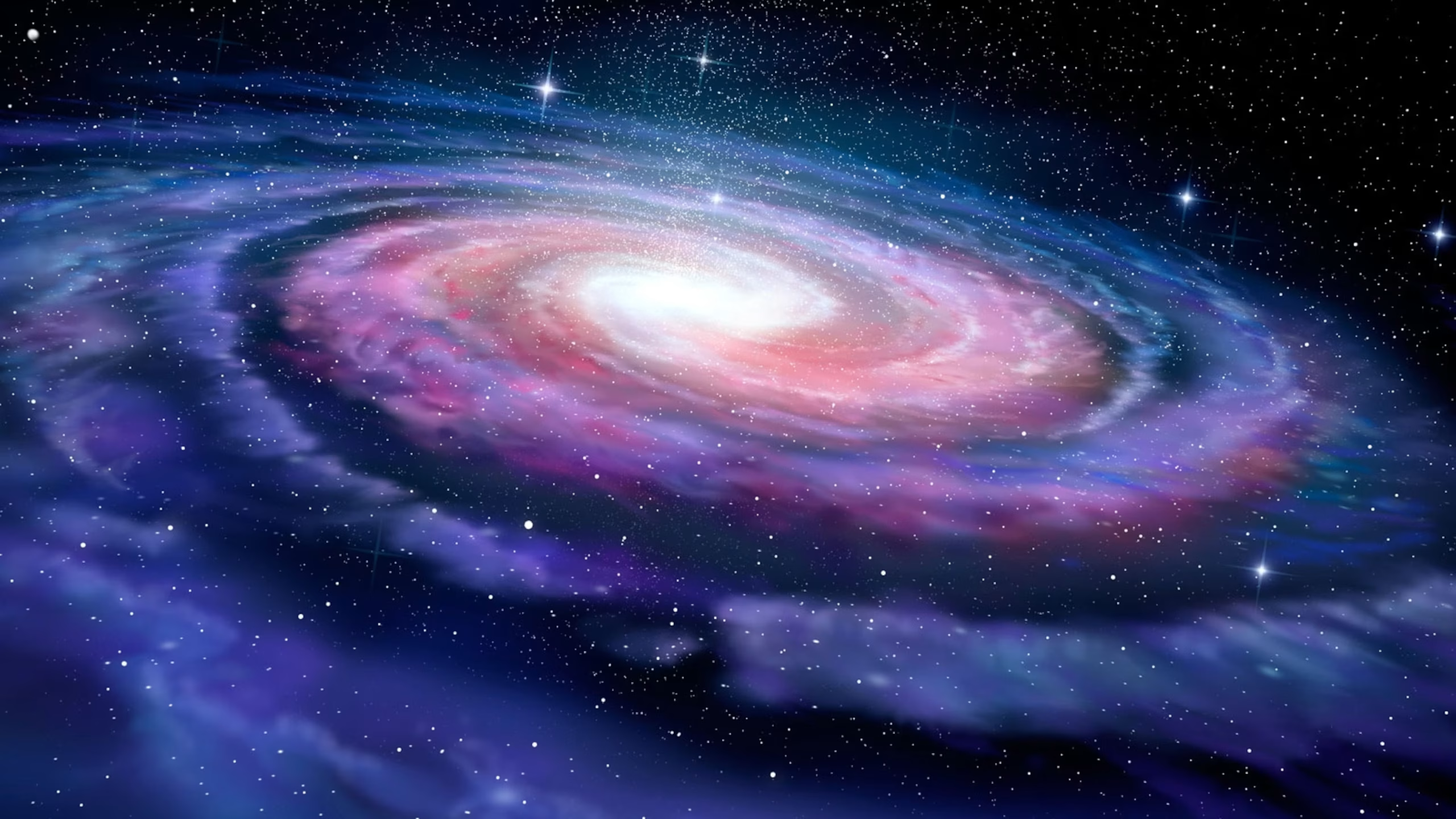The concept of a paradox has fascinated scientists, philosophers, and curious minds for centuries. A paradox occurs when a situation defies intuition or logical expectations, challenging our understanding of reality. The Universe Episodes delves into some of the most intriguing and mind-bending Paradox phenomena in the cosmos, helping viewers explore the limits of knowledge, perception, and scientific theory. Through vivid visuals and expert explanations, the series transforms abstract ideas into comprehensible insights, making even the most complex paradox accessible and fascinating.
Understanding the Nature of Paradox
A paradox often arises when two seemingly contradictory statements are both true, or when a logical conclusion leads to an unexpected or impossible result. In astronomy and physics, paradox situations push the boundaries of our understanding, revealing hidden complexities in the universe. The Universe Episodes breaks down these puzzles, explaining how paradox scenarios appear in contexts like time travel, black holes, and quantum mechanics. By examining these mind-bending cases, the series helps viewers appreciate that a paradox is not simply a problem but a window into deeper scientific truths.
Time Travel and the Paradox
Time travel offers one of the most famous examples of a paradox: the classic “grandfather paradox,” where altering events in the past could prevent one’s own existence. The Universe Episodes explores how such paradox scenarios challenge our understanding of causality and the linear progression of time. By presenting theoretical models and thought experiments, the show illustrates how physicists attempt to reconcile these paradox situations with the laws of relativity. Viewers are invited to consider that a paradox in time travel is not just a fantasy—it is a logical challenge that pushes the limits of scientific theory.
Black Holes and Cosmic Paradox
Black holes are another source of cosmic paradox, where gravity is so strong that not even light can escape. The Universe Episodes examines how the physics of black holes leads to the information paradox, a puzzle about whether information that enters a black hole is lost forever. This paradox has profound implications for quantum mechanics and the fundamental laws of physics. By breaking down the complexity of the black hole paradox, the series allows viewers to grasp how these enigmatic objects can simultaneously challenge and expand our understanding of the universe.
Quantum Mechanics and the Paradox
In the realm of the very small, quantum mechanics produces some of the most intriguing paradox situations. Superposition, where particles exist in multiple states at once, and entanglement, where particles remain connected across vast distances, create scenarios that defy classical logic. The Universe Episodes explains how these quantum paradox cases challenge our intuition and force scientists to rethink concepts like reality, measurement, and probability. Understanding quantum paradox not only highlights the strangeness of the microcosm but also demonstrates the power of scientific inquiry in tackling seemingly impossible questions.
The Twin Paradox
One particularly famous example covered in The Universe Episodes is the twin paradox, a scenario in special relativity where one twin travels near the speed of light while the other remains on Earth. Upon returning, the traveling twin has aged less, creating an apparent paradox in time and aging. The series explains how this is not a true contradiction but a consequence of the relativistic effects on time. By breaking down the twin paradox, viewers gain a concrete understanding of how paradox scenarios can illuminate fundamental principles in physics, turning confusion into clarity.
Paradox in Cosmology
The universe itself contains paradox-like phenomena, such as Olbers’ paradox, which questions why the night sky is dark despite the vast number of stars. The Universe Episodes explores how cosmic expansion, the finite age of the universe, and the behavior of light resolve this classic paradox. This example demonstrates that a paradox can inspire new discoveries, leading scientists to rethink assumptions and refine models of the cosmos. By studying cosmological paradox, viewers appreciate how the universe continually challenges our understanding and invites exploration.
Philosophical Paradox and Scientific Inquiry
While many paradox examples are grounded in physics, others straddle philosophy and logic, highlighting the limits of human reasoning. The Universe Episodes discusses how thought experiments, like the ship of Theseus or Schrödinger’s cat, illustrate paradox in ways that provoke both scientific and philosophical reflection. These paradox scenarios encourage viewers to question assumptions, explore multiple perspectives, and embrace the uncertainty inherent in complex systems. In this way, a paradox becomes a tool for intellectual growth and a gateway to deeper understanding.
Conclusion: Embracing Paradox in the Universe
A paradox is more than a puzzle—it is a doorway to deeper insights about the universe and our place within it. The Universe Episodes highlights how paradox scenarios in time travel, black holes, quantum mechanics, and cosmology challenge our assumptions and expand our understanding. By presenting these mind-bending ideas in a clear and engaging way, the series shows that a paradox is not a contradiction to be feared, but an opportunity to explore the frontiers of science. Each paradox explored in the show reminds viewers that the universe is full of mysteries, and grappling with these paradox situations is part of the excitement of scientific discovery.
